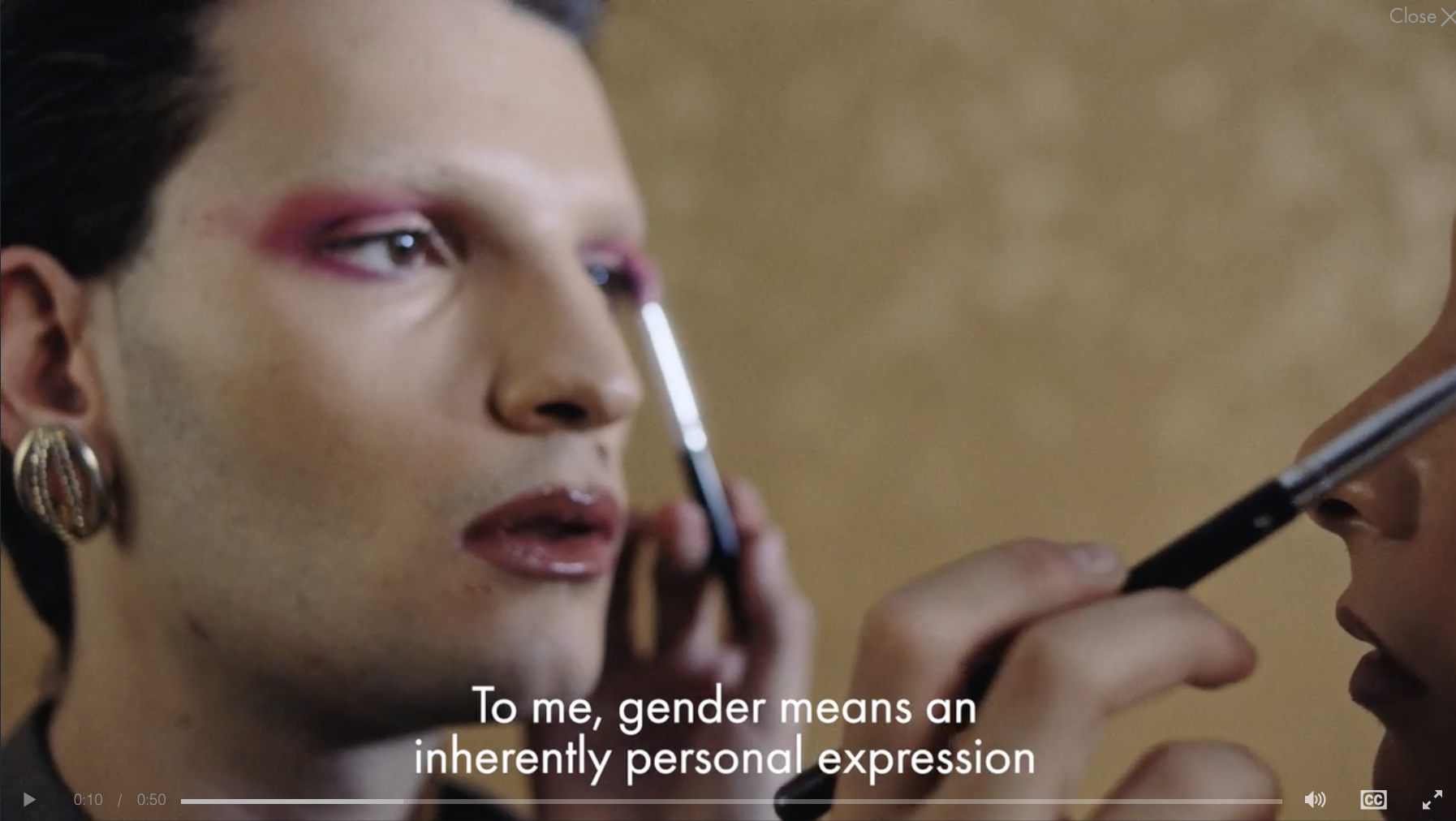Dior’s film “Nose” and the luxury branded content trend
Luxury and premium brands producing top-quality content is nothing new. However, creating short-films that aim to compete on international film festivals and secure a spot on streaming platforms is taking the game to a whole new level.
Beautiful images create desire, and no one knows this better than luxury brands. Various established houses have presented short-films with outstanding visuals and attention to details, inviting their loyal customers and aspiring audiences to enter the exclusive universe of the brand. However, if creating experience was the main goal for luxury brands these last years, crafting brand narratives with film-industry standards is the latest trend on the game.
The LVMH-owned Dior has taken a novel approach for its recent perfume documentary, Nose. After premiering at the 2020 Tribeca Film Festival, Nose became available for rent or purchase on global streaming platforms Amazon Prime Video, Apple TV and Google Play.
This marks an end to the standard practice for brands to give away the content they produce for free.
Nose presents the luxury brand’s master perfumer, François Demachy, and follows him on a global journey from Indonesia to Italy to France over the course of two years as he searches for flowers and scents that make the perfect match for Dior perfumes. The value for audiences is expressed in an introduction to the film’s teaser trailer, noting that the prestigious House of Dior has “opened its doors” to share the process of perfume creation for the very first time.
Gucci’s short film The Future is Fluid, which premiered at the Sundance Film Festival in 2019. The clip focuses on 13 individuals embracing gender fluidity. Imagined by 24-year-old director Jade Jackman in partnership with Irregular Labs, a research firm producing regular reports on Gen Z trends, the production allowed Gucci to align itself with progressive values and aims to appeal to a younger target audience. Gucci has since taken a more inclusive approach to brand films, with its November 2020 GucciFest online film festival highlighting not only the Italian luxury house, but also a crop of emerging designers whose film efforts were supported by Gucci.
If you are a Netflix regular, you have probably crossed the “Headspace Guide to Meditation” or the “Headspace Guide to Sleep” while scrolling on the streaming platform. Meditation app Headspace is the first to make such major moves towards premium content, tapping into the potential of Netflix’s large audience and an anxiety-filled pandemic year. The shows, produced by Vox Media Studios, are available only to Netflix subscribers, who pay at least $8.99 per month in the United States.
So, does creating critical acclaimed content and winning Film festivals guarantee widespread visibility? Not precisely, but the exclusivity of winning awards can certainly upgrade the brand and its positioning in the market to a new level.
However, with the pandemic bringing more content online, streaming and social media platforms offer brands a greater chance of having their films seen and their narratives being reinforced with an intimate and exclusive approach.
In the era of digital-content monetisation, premium content also brings the possibility of longer forms of storytelling, giving companies more time to tell compelling stories that audiences will be willing to pay for.






